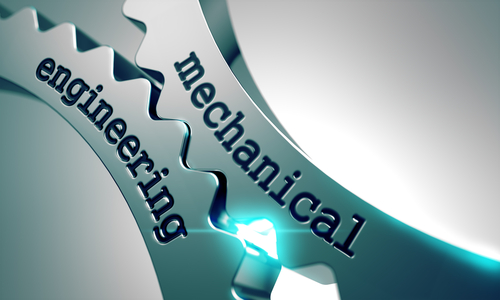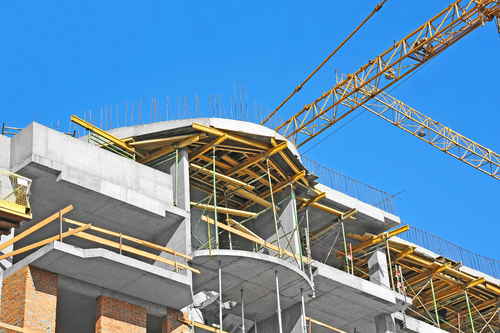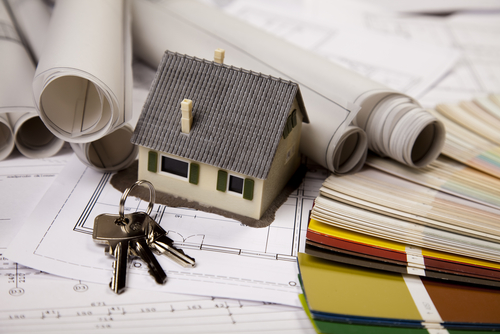Renovating your home is a major undertaking for anybody. To take the burden away from you and to actually make renovating your home a fulfilling and pleasurable experience, work with a highly qualified general contractor.
Note, however, that your general contractor will probably focus heavily on the structural and architectural aspects of your home renovation. As you’re the homeowner, it becomes your responsibility to bring in an expert mechanical engineer, such as the professionals in BCA Engineers & Architects, for specific aspects of your renovation. How can your mechanical engineer help with your home renovation project?
Overseeing water storage and supply piping
A mechanical engineer has a thorough understanding of water distribution piping, which is critical to making sure water is supplied efficiently to all the necessary areas in your house. Here is how he can advise you:
He will ensure that there will be consistent water supply in all your sinks and bathrooms. You have to attend to this while you’re in the process of construction. It would be very difficult, and possibly a downright nightmare, to fix piping concerns once your home renovation is completed.
During the remodeling of your home, your mechanical engineer should likewise focus on fixing or improving the existing water piping to suit your needs. If you want anything made differently for your new home, discuss these piping concerns with your mechanical engineer already.
The mechanical engineer will ensure that your water storage tanks and piping are compliant with local and state regulations.
Supervising modifications on your heating systems
Your mechanical engineer has the experience in designing and installing HVAC systems. HVAC stands for heating, ventilation, and air conditioning. Your home’s HVAC system is responsible for the heating and cooling mechanisms in your home. When you work with your mechanical engineer during the renovation period, he will take care of the following:
He will determine the HVAC system requirements and specifications for your home. No two homes or buildings are exactly alike. Your mechanical engineer will tailor your HVAC system to perfectly match your home’s design and build.
As early as the planning stages of your home renovation, make a detailed list of your observations on your current heating system. If you’re experiencing issues in your HVAC system, bring these up with your mechanical engineer. He can then design the modifications that need to be made on your heating system. Again, deal with heating concerns before and during the renovation. Dealing with these after the renovation is completed will cost you a lot.
Your mechanical engineer will determine if your home’s entire HVAC system needs to be replaced or if you only need system modifications. Working with your mechanical engineer can save you a lot of time and money in the long run.
Coordinating with other engineers for the duration of your home renovation
While the project is going on, your mechanical engineer will work directly with the civil engineer and electrical engineer with regard to the following:
The mechanical engineer will meet with the civil engineer and electrical engineer about the location of your HVAC system’s major and heavy components, as well as all other critical parts. During the renovation, one of the mechanical engineer’s duties is to ensure that there is adequate space for all HVAC components.
The location of heating vents, ducting, and piping should also be planned by the mechanical engineer with all the engineers before renovation starts. Moreover, your mechanical engineer coordinates proper scheduling with the project manager to determine the best time to deliver and install the vents, ducts, and pipes in your home.
All these are critical details in your home renovation to avoid problems in the future. Imagine appreciating the nice finish of your completed bedroom drywall only to realize that you have to tear the whole wall down again to add embedded supports for the ducting or piping. That would be a nightmare.
Your mechanical engineer will check on the availability of the required electrical capacity for your new HVAC and water heating systems. When you upgrade or modify your current heating systems, this would naturally entail complying with new electrical requirements.
Depending on the age and condition of your current setup, you may need to replace all the electrical wiring and supporting hardware to satisfy new electrical requirements as well as local or state regulations. Your mechanical engineer should discuss these details with the electrical engineer during the planning stages.
Aside from the practical standpoint, clear coordination between the mechanical and electrical engineers is critical for the safety of your home. Incorrectly selected electrical wiring can be the potential start of a house fire. Electrical system failure is one of the top five leading causes of home structure fires.
You can make your home renovation project an easy one by having the right professionals on your team, such as a good mechanical engineer. Working closely with your mechanical engineer ensures that your water storage and supply are sufficient for the whole house, that necessary changes on your home’s heating systems will be executed properly, and that the proper arrangements will be done with the project manager and the other engineers.











